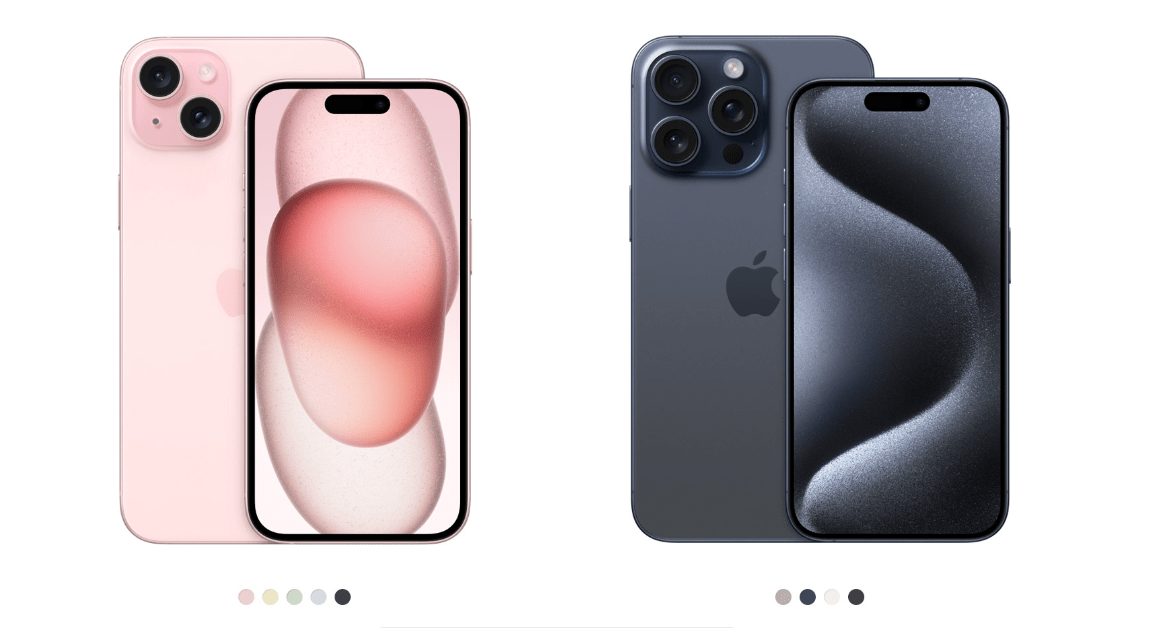A recent report by Taiwanese media outlet DigiTimes suggests that Chinese panel manufacturer BOE is facing challenges in expanding its OLED (organic light-emitting diodes) supply for Apple’s iPhone 15 models, primarily due to light leakage issues.
Why it matters: If BOE fails to address the light leakage problem, there is a high possibility that they may lose potential orders for the iPhone 15 and iPhone 16 from Apple.
Details: The current yield rate of BOE’s OLED panels for the iPhone 15 has dropped to 30% on the back of the issue, causing a decrease in production output, according to the DigiTimes report.
- BOE has been selected to supply OLED panels for the iPhone 15 and iPhone 15 Plus. However, the supplier encountered a problem with light leakage, specifically in the panels designed for the standard models. The issue revolves around the Dynamic Island on the OLED display, where the hole punch and the pill-shaped cutout housing the TrueDepth camera sensor and FaceID are located.
- Given the light leakage issue and potential impact on iPhone sales, BOE may face challenges in expanding orders from Apple, which in turn would impact its revenue. According to industry analysis, BOE was expected to supply 5 million to 15 million panels for the iPhone 15 this year. However, due to lower production yields, the actual supply may be limited to a range of 2 million to 3 million panels.
- As Apple shifts its focus to the next-generation iPhone 16 series, avoiding light leakage is becoming more challenging, especially with larger panels. The iPhone 16 and 16 Plus are expected to feature OLED panels similar to the iPhone 15 and 15 Plus, while the Pro series may sport larger sizes, according to US media outlet Wccftech. The iPhone 16 Pro is anticipated to come with a 6.3-inch display, larger than the 6.1-inch display on the iPhone 15 Pro.
Context: Samsung also manufactures OLED panels for the iPhone 15 lineup, holding a dominant 91% share of the supply from June to August this year, according to DigiTimes. If the issue of light leakage persists, Samsung’s greater efficiency would become a significant concern for BOE in the short term.
- In terms of the foldable panel market, Samsung is anticipated to uphold its leading position during the third and fourth quarters of this year, commanding a 74% market share, according to Korean media outlet Business Korea. While this represents an increase from the second quarter’s 63%, it marks a decline of 17% from the 91% share it held during the same period last year.
- BOE, which previously held a 4% market share in the foldable panel market during the third and fourth quarters of 2022, is projected to surge to 18% in the same period this year. This growth can be attributed to its supply to Chinese foldable smartphone manufacturers such as Huawei, Honor, and Oppo.

